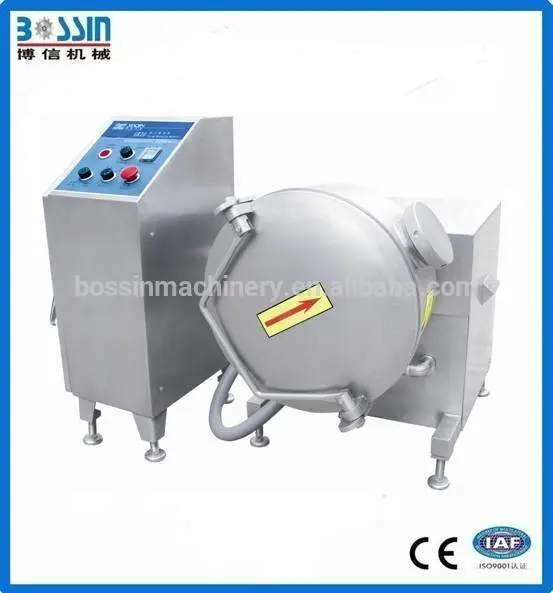Aug . 11, 2024 14:24 Back to list
Top Suppliers for Brine Injection Systems to Enhance Food Processing Efficiency and Flavor Quality
The Importance of Choosing the Right Brine Injector Supplier
Brine injectors are essential tools in the food processing industry, particularly for meat and poultry products. They allow manufacturers to effectively inject brine solutions into meats, enhancing flavor, tenderness, and shelf life. As businesses look to optimize their production processes, choosing the right brine injector supplier becomes critical. This article will explore the significance of selecting a reliable supplier, the factors to consider, and the benefits of high-quality equipment.
Understanding Brine Injectors
Brine injectors work by infusing a saline solution into meat products. This process not only adds flavor but also helps in preserving the meat by inhibiting the growth of bacteria. Brine injectors come in various designs and sizes, catering to different production scales—from small artisanal operations to large industrial plants. The effectiveness of these injectors greatly influences the quality of the final product, which makes selecting a reputable supplier paramount.
Factors to Consider When Choosing a Supplier
1. Experience and Reputation When searching for a brine injector supplier, one of the first things to consider is their industry experience and reputation. Established suppliers typically have a track record of customer satisfaction, innovative designs, and reliable equipment. Researching reviews and testimonials can provide insights into the supplier's reliability and service quality.
2. Quality of Equipment The efficiency and longevity of brine injectors depend heavily on their construction quality. A reputable supplier will offer equipment made from durable materials that withstand the demands of a busy production environment. Additionally, look for suppliers that comply with industry standards and regulations, ensuring that their products are safe and effective.
3. Customization Options Different businesses have unique needs. Therefore, a good brine injector supplier will provide customization options to create tailored solutions that meet specific production requirements. Whether it’s adjustments in capacity, injector size, or specific injector patterns, a versatile supplier can help optimize your production line.
brine injector supplier

4. Customer Support and Service Excellent customer service and post-purchase support are crucial when choosing a supplier. This includes timely responses to inquiries, efficient troubleshooting, and availability of spare parts. A supplier that offers comprehensive support can ensure minimal downtime and enhance the overall efficiency of operations.
5. Pricing and Value While cost is an important consideration, it should not be the sole deciding factor. Look for suppliers that provide a balance between affordability and quality. An initial investment in high-quality equipment can lead to greater savings over time through increased efficiency, reduced maintenance costs, and improved product quality.
Benefits of Working with a Reliable Supplier
Once a suitable brine injector supplier is identified, the benefits can be substantial. High-quality injectors ensure consistent application of brine solutions, leading to more uniform flavor and texture in meat products. Improved efficiency means higher production rates and potentially lower labor costs due to reduced manual intervention.
Moreover, a reliable supplier may offer training and resources to help operators get the most out of their equipment, further enhancing productivity. Ultimately, working with the right brine injector supplier can result in superior products, increased customer satisfaction, and a stronger market presence.
Conclusion
Selecting the right brine injector supplier is a crucial step for any food processing business looking to thrive in a competitive market. By considering factors such as experience, equipment quality, customization capabilities, customer support, and value for money, businesses can make informed decisions. With the right supplier, manufacturers can enhance their production processes, leading to better quality products and increased profitability. As the industry evolves, forging partnerships with reliable suppliers will remain essential for growth and innovation.
Latest news
-
Pneumatic Clipping Machine - Shijiazhuang Bossin Machinery | Sausage Production Line, Small Meat Shop
NewsAug.29,2025
-
Pneumatic Clipping Machine - Shijiazhuang Bossin Machinery Equipment Co., Ltd. | Efficient Sausage Production & Precision Clipping
NewsAug.29,2025
-
High-Performance Bearings for Industrial & Precision Applications
NewsAug.27,2025
-
High-Performance Vanes for Pumps & Compressors | Durable & Efficient
NewsAug.26,2025
-
JC999-03 Sausage Link Cutter: High-Speed Precision Slicing
NewsAug.21,2025
-
Sausage Link Cutter JC999-03: Precise, Efficient Production
NewsAug.19,2025
